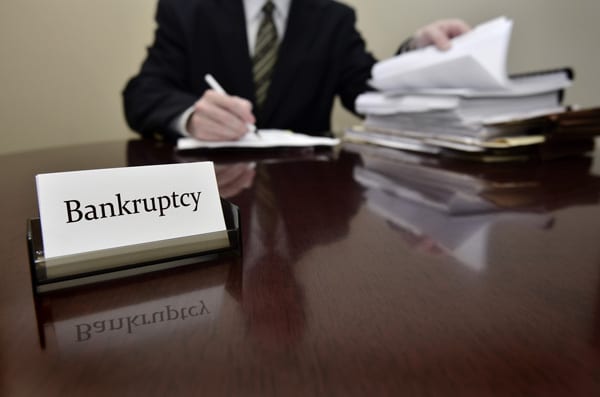Dealing with overwhelming debt can be a stressful and challenging experience. Chapter 7 bankruptcy offers a legal pathway to discharge debts and start anew. A San Diego-based chapter 7 bankruptcy attorney can be instrumental in navigating this process, ensuring that individuals understand all aspects of filing for bankruptcy.
This article aims to provide a comprehensive understanding of Chapter 7 bankruptcy, its process, benefits, and considerations, guiding individuals towards making informed decisions about their financial futures.
Understanding Chapter 7 Bankruptcy
Chapter 7 bankruptcy, often referred to as “liquidation” or “straight” bankruptcy, is a legal process designed to help individuals and businesses eliminate unsecured debts.
This form of bankruptcy is a viable option for those unable to meet their debt obligations. It involves a thorough evaluation of finances, including assets, liabilities, income, and expenses, to determine eligibility for debt relief.
The Process of Filing for Chapter 7 Bankruptcy
Filing for Chapter 7 bankruptcy is a multi-step process that begins with credit counseling and involves completing and filing a set of forms. These forms provide a detailed overview of the filer’s financial status.
The process also includes an automatic stay that immediately stops most creditors from collection activities, offering immediate relief to the filer. A bankruptcy trustee is appointed to oversee the case and liquidate any non-exempt assets to pay off creditors.
Eligibility Criteria for Chapter 7 Bankruptcy
Eligibility for Chapter 7 bankruptcy is primarily determined by the means test, which assesses an individual’s income and expenses. The test compares the filer’s income to the median income of a similar household in their area. If the income is below the median, the individual typically qualifies for Chapter 7.
Understanding these criteria is crucial for those considering this bankruptcy option.
Benefits of Filing Chapter 7 Bankruptcy
The primary benefit of Chapter 7 bankruptcy is the discharge of unsecured debts, such as credit card debt, medical bills, and personal loans. This discharge provides a fresh financial start, freeing individuals from the burden of overwhelming debt.
Additionally, the process offers a reprieve from creditor harassment, wage garnishments, and other collection actions.
Assets and Exemptions in Chapter 7 Bankruptcy
An important aspect of Chapter 7 bankruptcy is understanding which assets can be kept and which may be liquidated. Bankruptcy law allows for certain exemptions, protecting some assets from being sold to pay creditors.
These exemptions vary and can include items like basic household goods, a personal vehicle, or a portion of home equity. It’s important to know what exemptions apply to protect as many assets as possible.
Additionally, individuals facing financial difficulties due to workplace injuries should consider consulting workerscompensationattorneyorangecounty.com, as workers’ compensation claims can also impact the bankruptcy process and asset protection.
Impact on Credit and Long-Term Financial Health
While Chapter 7 bankruptcy can offer immediate debt relief, it also has long-term implications for credit. The bankruptcy will remain on a credit report for up to 10 years, potentially affecting the ability to obtain credit, secure housing, or even find employment.
However, it also provides an opportunity to rebuild credit over time and establish a more stable financial foundation.
Life After Chapter 7 Bankruptcy: Rebuilding Financial Stability
Post-bankruptcy life involves reestablishing financial stability and rebuilding credit. This can include creating a budget, establishing an emergency fund, and using credit responsibly. It’s a time for financial education and making lifestyle changes to prevent future financial difficulties.
Rebuilding credit might take time, but with disciplined financial management, it is possible to regain financial health.
Final Words
Chapter 7 bankruptcy is a tool for those facing insurmountable debt, offering a chance to wipe the slate clean and start afresh. It involves making important decisions about finances and future planning.
Understanding the process, benefits, and implications is key to navigating this path effectively. For many, Chapter 7 bankruptcy is not just about eliminating debt; it’s about regaining control of their financial lives and moving towards a brighter, more secure future.

